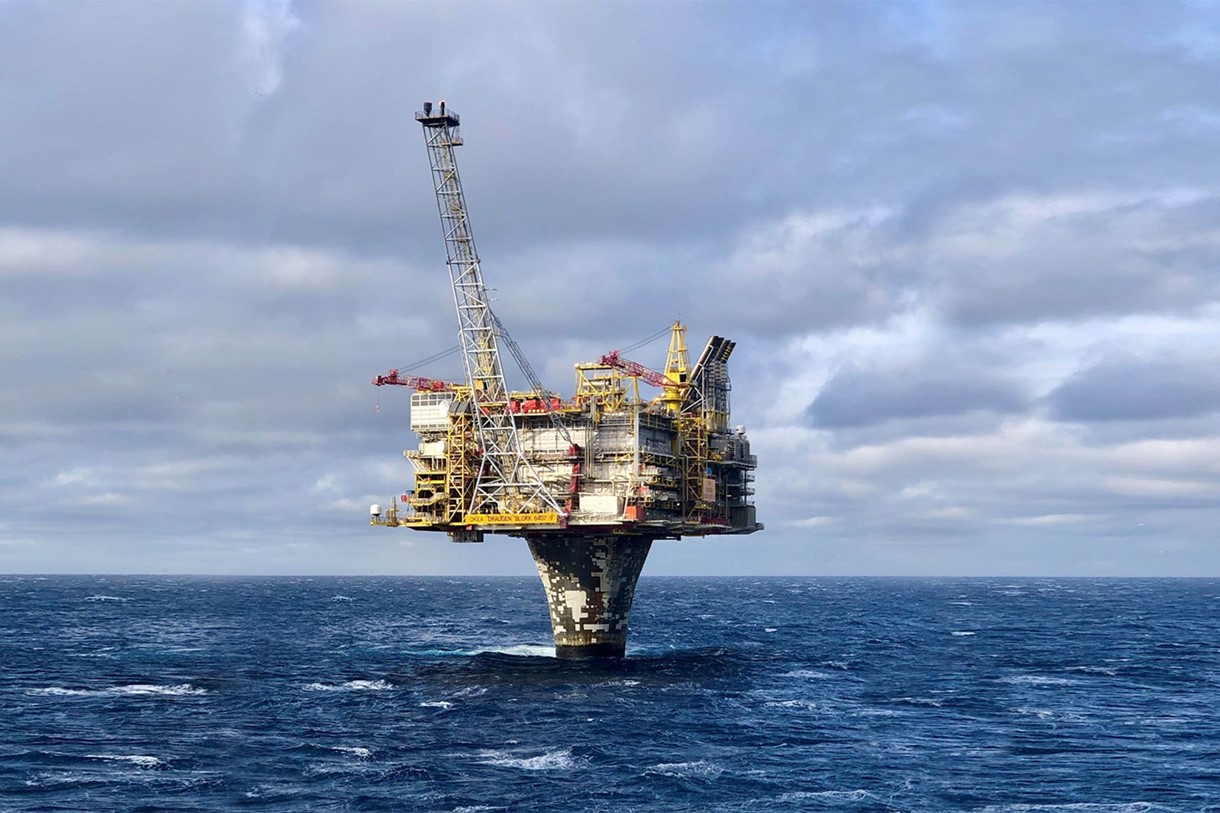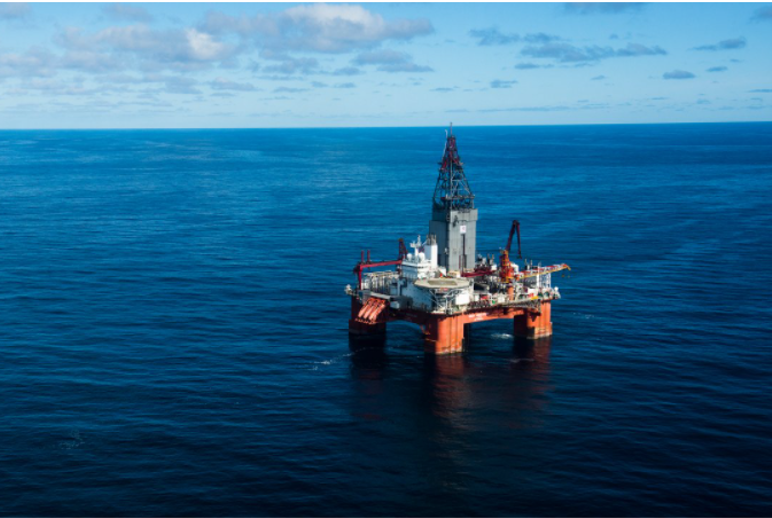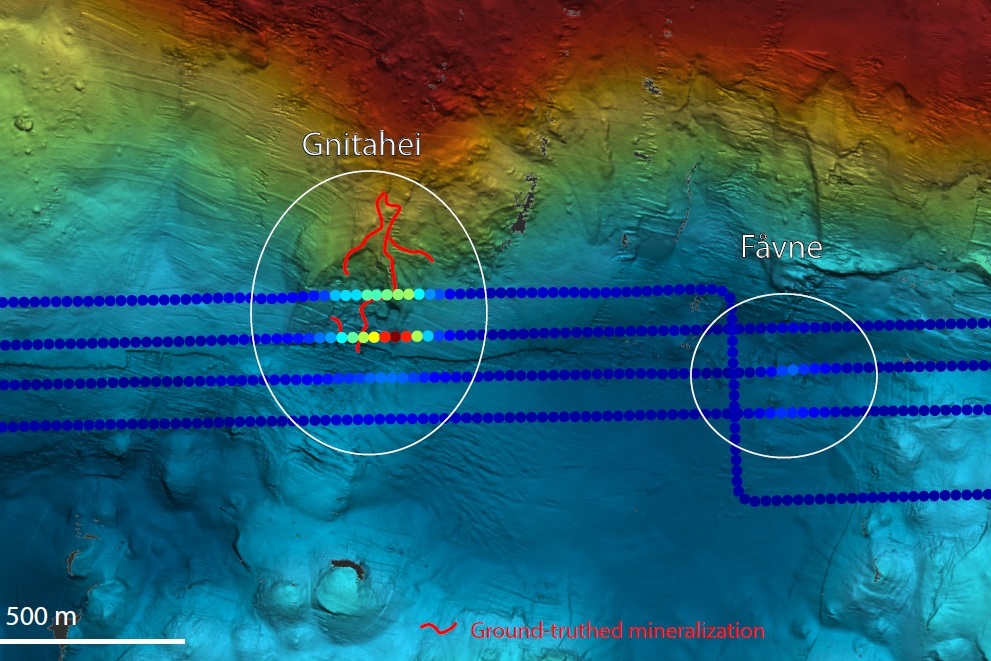Here are five good reasons to attend The 2nd NCS Exploration Strategy Conference in Stavanger November 14-15, as given by Anders Wittemann, Wittemann E&P Consulting.
Does your company have a good view on the right balance of organic exploration vs. inorganic acquisitions?
Now that NCS fields and discoveries are highly, or possibly fully, valued in the market, exploration becomes more attractive as a means for reserves additions. However, performance varies
significantly by company, so need to ensure exploration performance and risk is satisfactory and understood and balanced against the alternative, acquisition of assets (or companies).
What is your company’s ambition for E&A wells to drill the next years?
The inventory of licences to be drilled on the NCS remains all time high, more than 75 licences are ready to drill, and the pipeline is already
full for 2019 and 2020. The distribution among operators is tilted towards Equinor being the biggest operator by far with almost half the wells to be drilled.
What is your company’s strategy for licence trading?
Licence trading activity has increased again during 2018 – single well, ground floor farm-ins are no longer available, instead, deals include multiple licence swaps, cash, and carry elements.
What is the best strategy to explore, or not, in the Barents Sea?
NPD forecasts significant yet-to-find resources, a large share in the Barents Sea, although exploration drilling results are moderate at best.
Why is exploration success not always appreciated by the “capital markets”?
Funding appraisal and development Capex may be seen as a burden. Divesting or swapping discoveries, or buying production assets for funding could be a means for funding.
Presentations by Oil companies on Novbember 14-15
• AkerBP
• DEA
• DNO
• Equinor
• Faroe
• INEOS
• Lime
• Lotos
• MOL
• MVest
• Neptune
• OKEA
• OMV
• Petrolia
• PGNiG
• Rosneft
• Spirit

ANDERS WITTEMANN, WEPC





